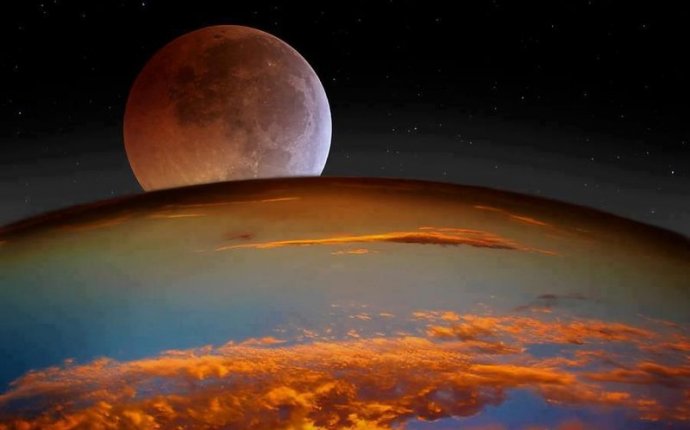
Courses for Astronomy
We know this can be a confusing problem, so we will try to explain the intended audience for our five introductory non-majors courses and for our two upper-division astrophysics courses. This is the "plain English" description of these courses: see the official Schedule of Classes and Course Catalog for definitive language, and consult your adviser if you have any questions about how these courses fit into your curriculum.
Introductory Non-Majors Courses
The Astronomy Department offers 6 introductory-level courses for non-majors that satisfy the General Education (GE) physical sciences requirement:
- Astronomy 1101: From Planets to the Cosmos (4 cr: 3 cr Lecture + 1 cr Lab)
- Astronomy 1140: Planets and the Solar System (3 cr)
- Astronomy 1141: Life in the Universe (3 cr)
- Astronomy 1142: Black Holes (3 cr)
- Astronomy 1143: Cosmology: History of the Universe (3 cr)
- Astronomy 1144: Stars, Galaxies, and the Universe (3cr)
These are single-term courses devoted to particular current topics in modern astronomy from the solar system to the entire universe. They are designed for non-majors seeking to satisfy their Natural Sciences GE requirement. Note that these courses are not a sequence: they may be taken singly or multiply in any order.
One of these courses, Astronomy 1101, includes a required 1-hour lab section that satisifies the GE natural sciences laboratory requirement. The Astronomy 1140 to 1144 courses are all 3-hour GE courses with only a lecture section. All of these courses are taught at the same basic level.
Introductory Astronomy and Astrophysics Majors Courses
The introductory courses for Astronomy and Astrophysics majors and minors are as follows:
- Astronomy 2291: Basic Astrophysics & Planetary Astronomy (3 cr)
- Astronomy 2292: Stellar, Galactic, & Extragalactic Astronomy & Astrophysics (3 cr)
- Astronomy 2895: Introductory Seminar (1 cr)
- Astronomy 3350: Methods of Astronomical Observation & Data Analysis (3 cr)











